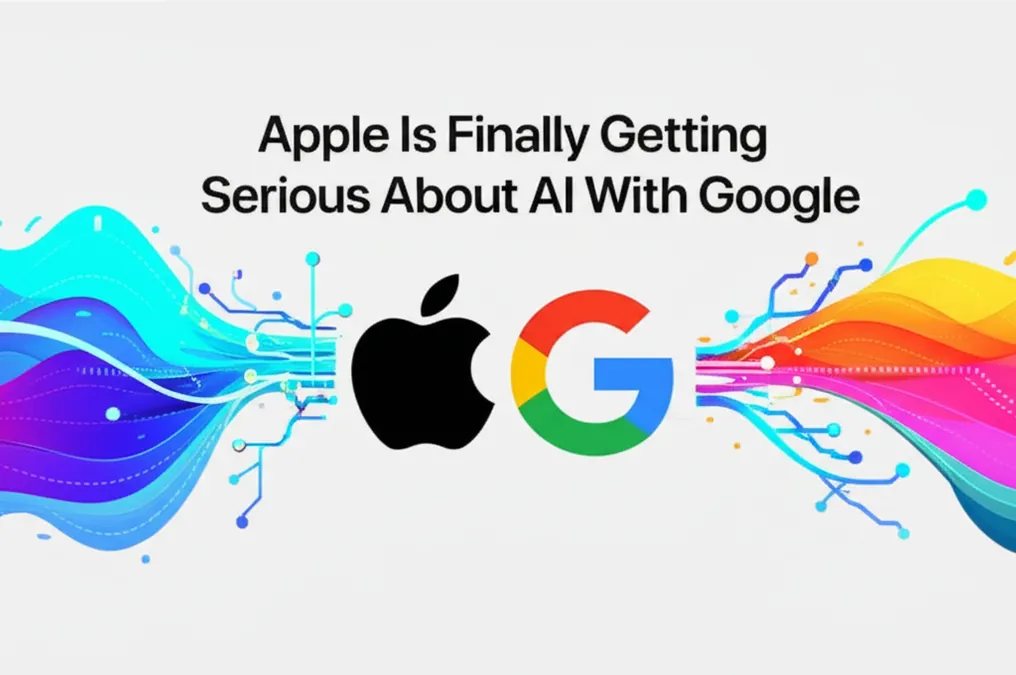Developer Offer
Try ImaginePro API with 50 Free Credits
Build and ship AI-powered visuals with Midjourney, Flux, and more — free credits refresh every month.
An AI Strategists Guide To Mastering Workplace AI
Grace Leung says there are cons to using AI, but that it can be a helpful tool in the workplace. Photo: Grace Leung
This as-told-to essay is based on a conversation with Grace Leung, a digital growth consultant based in Vancouver. It's been edited for length and clarity.
As a digital growth consultant, I help brands integrate AI into their workflow. Many business owners I meet are aware of AI trends like agents and automation, but they feel overwhelmed and don't know where to start. Their employees often have even less knowledge, viewing AI as just a simple chatbot.
On the other hand, some clients want to dive into complex AI tools without learning the fundamentals—like trying to fly before learning to walk. This rush often stems from a fear of being left behind in the AI boom.
My primary goal is to show them that AI is not a replacement, but a powerful assistant. Since starting in March 2024, I've guided companies from fintech to e-commerce in developing their AI capabilities. If you want to become a high performer at work, these are the first three skills I recommend mastering.
Master the Art of AI Prompting
The first and most crucial skill is learning proper AI prompting. I suggest starting with ChatGPT because it holds the largest market share, making it a universal tool. A good prompt is all about precision and context. Think of it less like a technical command and more like a dynamic, flowing conversation.
My best advice is to treat the AI as if it were a new hire. You wouldn't expect a new team member to instinctively know your standards for success or the context behind a task. The same applies to AI. Provide clear instructions, explain the 'why' behind the task, and give it the background it needs to deliver high-quality results.
Build Automated Workflows with AI
AI can dramatically simplify the content creation process, but the key is to make it repeatable. For tasks like drafting emails, social media posts, or newsletters, I often recommend Gemini for its creative flair or Claude for its remarkably human-sounding and empathetic tone.
The trick is to think beyond single tasks. Instead of asking for a one-off YouTube script, ask the AI to create a reusable template for all future video scripts. You can feed it essential information like your brand's tone of voice, style guides, and examples. You can even set up custom commands; for instance, I can configure a workflow where simply typing "YouTube" triggers the AI to generate a script based on my predefined template. The goal is to combine features to build systems that automate entire workflows, not just isolated tasks.
Leverage AI for Data Analysis
AI tools are fantastic for structuring data, adding context, and uncovering important insights. For this, I prefer Gemini, particularly the paid pro version, because of its capacity to handle large, complex datasets.
You can ask Gemini to perform tasks like "cleaning up" data by extracting only the rows that meet certain criteria or creating a new, enriched dataset by referencing another. It's also incredibly useful for analysis. You can upload a large dataset and ask the AI to summarize its findings and generate key insights. It can even build a polished, shareable dashboard for your team or stakeholders, turning raw data into a compelling story in minutes.
Navigating the Pros and Cons of AI
Of course, using AI comes with challenges. One of the biggest is data privacy. Companies must establish clear guidelines on AI usage to prevent employees from unintentionally sharing sensitive information.
It's also a reality that AI is beginning to replace some entry-level jobs. It's crucial for leaders to focus on upskilling their junior workforce rather than over-automating these roles for short-term gains. Amidst the anxiety about AI replacing humans, I always remind people of one thing: AI can never replace your judgment.
AI can help you learn and execute faster, but it is not a substitute for critical thinking. Your greatest asset is still your judgment, which is built from years of experience, trial and error, and a deep understanding of your field.
Compare Plans & Pricing
Find the plan that matches your workload and unlock full access to ImaginePro.
| Plan | Price | Highlights |
|---|---|---|
| Standard | $8 / month |
|
| Premium | $20 / month |
|
Need custom terms? Talk to us to tailor credits, rate limits, or deployment options.
View All Pricing Details

